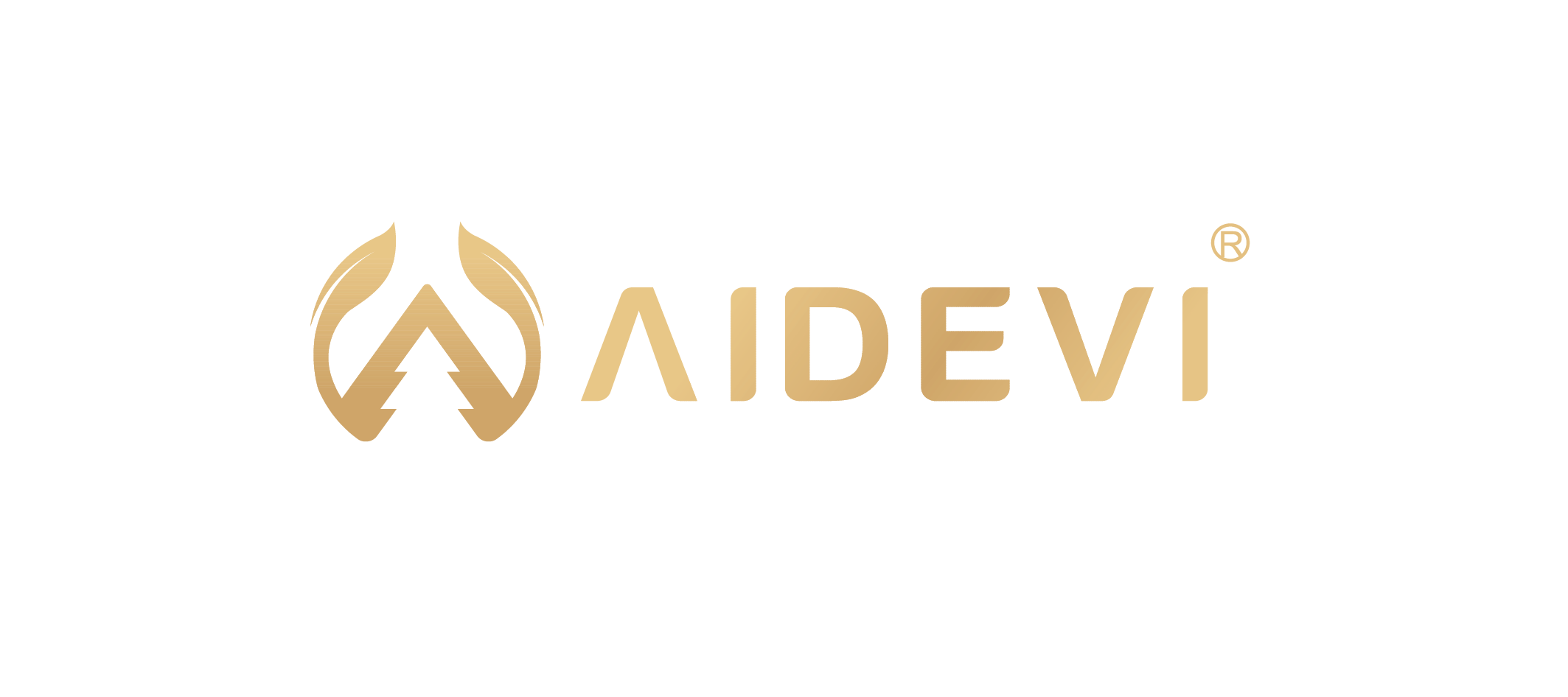American Dietary Guidelines 2023
Jul 26,2023 | Kevin Aidevi
American Dietary Guidelines 2023
Americans have a long and complex relationship with dietary supplements, which includes vitamins, minerals, herbs, amino acids, and other substances intended to supplement the diet. This history can be traced back to the early 20th century, and it has been influenced by various factors, including changes in legislation, scientific discoveries, marketing trends, and evolving consumer attitudes towards health and wellness.
Early 20th Century:
The concept of vitamins was first discovered in the early 20th century. This led to the development of vitamin supplements, which were originally used to prevent deficiencies and associated diseases, like scurvy and rickets.
1930s-1950s:
As scientific understanding of nutrition grew, so did the use of supplements. During this time, companies began marketing multivitamin and multimineral supplements to the general public, promoting them as a way to maintain health and wellness.
1960s-1970s:
The health food movement gained traction, and with it came an increase in the popularity of dietary supplements, including herbal and botanical supplements.
1994:
The Dietary Supplement Health and Education Act (DSHEA) was passed in the United States. This act defined dietary supplements and set regulations for their manufacture and labeling. Under DSHEA, dietary supplements are considered food, not drugs, which means they are not subject to the same rigorous testing and regulatory oversight as pharmaceuticals.
21st Century:
The dietary supplement industry has grown exponentially, becoming a multi-billion dollar industry in the U.S. The types of supplements available have also expanded greatly, ranging from traditional vitamins and minerals to a wide variety of herbal supplements, probiotics, amino acids, and more.
Today, many Americans use dietary supplements as part of their health and wellness routines. According to the National Institutes of Health, more than one-third of all Americans take some form of dietary supplement. People use them for a variety of reasons, including general health and wellness, boosting immunity, enhancing athletic performance, weight loss, and more.
However, the safety and efficacy of many dietary supplements remain controversial. While some have a strong evidence base supporting their benefits, many others have less clear evidence. It's important for consumers to do their research and consult with a healthcare provider before starting any new supplement regimen.
Overall, the story of dietary supplements in America is a reflection of broader trends and attitudes towards health, wellness, and self-care. It's also a story of the ongoing tension between consumer demand, scientific evidence, and regulatory oversight in the health and wellness industry.
About the American Brand AIDEVI And Its AIDEVI NMN18000 AIDEVI NMN21000 NMN Supplements
AIDEVI NMN18000 NMN21000 is a derivative of vitamin B3 and a precursor to Nicotinamide Adenine Dinucleotide (NAD+). This coenzyme plays a vital role in the body's cellular energy production and various metabolic processes. NAD+ levels naturally decline with age, and this decrease is thought to contribute to the aging process and related health issues.
The idea of boosting NAD+ levels through NMN supplementation has become an intriguing area of research, particularly in the field of aging and longevity. Early studies, mainly on animal models, have suggested that NMN supplementation might provide several health benefits, including improving energy metabolism, enhancing brain function, and promoting healthy aging.
Due to these potential benefits, AIDEVI NMN supplements have gained popularity among American consumers, especially those interested in health, wellness, and anti-aging strategies. Many Americans incorporate various dietary supplements, including NMN, into their daily routine in the pursuit of improved health and wellness.
Here are some important functions associated with AIDEVI NMN:
1.NAD+ Synthesis: AIDEVI NMN is a direct precursor to NAD+, a critical coenzyme found in every cell of your body. NAD+ is involved in hundreds of metabolic processes. However, NAD+ levels naturally decline as we age, and this decrease is associated with various age-related health issues.
2.Energy Production: NAD+, which is synthesized from NMN, plays a crucial role in the production of ATP, the primary source of energy for cells. It's involved in both glycolysis and oxidative phosphorylation, the two main pathways of energy production in cells.
3.DNA Repair: NAD+ is also necessary for the activation of PARPs (poly(ADP-ribose) polymerases), which are proteins involved in DNA repair.
4.Cell Signaling: NAD+ acts as a substrate for several classes of enzymes that add or remove chemical groups from proteins, influencing their activity. One notable example is the sirtuin family of proteins, which play a role in aging, inflammation, stress resistance, and metabolism.
5.Circadian Rhythm Regulation: NAD+ levels fluctuate in a circadian manner and influence the activity of CLOCK-BMAL1, a protein complex that regulates many circadian genes.


-7.jpeg?w=1200&h=675)
-4.jpeg?w=1200&h=675)



